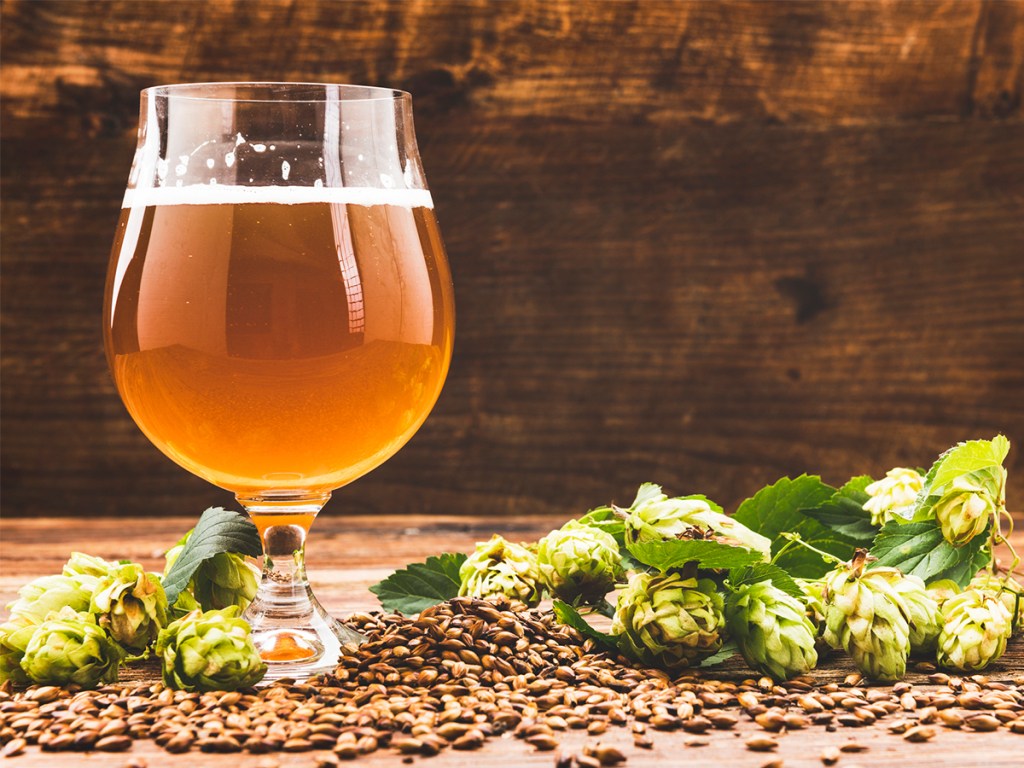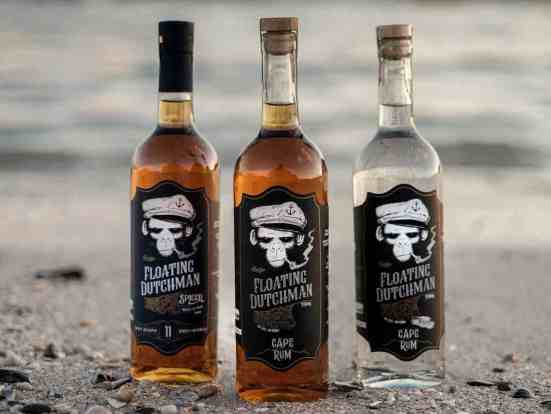Research from New Zealand Institute of Economic Research (NZIER) has revealed the brewing industry in New Zealand remains a strong contributor to the economy, despite being impacted by COVID-19.
According to the findings, the brewing industry contributes significantly to GDP and generates more than $900 million in revenue for the government.
The findings follow research commissioned by The Brewers Association of New Zealand to evaluate the brewing industry and its contribution to the economy.
The study reveals the New Zealand brewing industry was worth $2.8 billion in the year to September 2021. Within these value chains, $637 million was in value added (GDP).
The brewing industry supports more than 6,600 jobs through brewing and the purchase of intermediate inputs into the brewing process, paying over $409m in wages.
“Once again, we see this year that the brewing sector is a vital part of the economy, providing jobs, value add on primary products and considerable revenue to government in the form of excise tax and GST, which is continually important, especially in a time of increased government spending and debt,” says Dylan Firth, Executive Director of The Brewers Association of New Zealand.

Firth highlighted that the brewing industry contributed $810 million last year in GST ($426m) and Excise Tax (estimated $480m for 2021) to government revenue
“Looking back on 2021, we can acknowledge the great work those in the sector do to enable some of these positive economic contributions. But it is not without the shadow of the pandemic and its related effects.
“On-licence sales were the most negatively impacted by COVID-19, as a lack of tourism, forced closures and social distancing requirements impacted sales at bars and restaurants.
“The report shows that while overall volumes of beer sold in hospitality venues are a smaller proportion of overall beer sales, they are the biggest driver of value for brewers and hospitality businesses.”
Firth says the continued inflationary pressures on the price of input goods, logistics costs driven up by COVID related factors and increases in overall regulatory costs, have seen the price of producing a pint of beer go up substantially in the last 12 months.
“One of the most dramatic trends in the report, which we have seen in New Zealand over the past few years, is the move by consumers towards low and no alcohol beers. Beers with low alcohol content (less than 1.15%) have seen huge growth with an increase of 1116% in volume since 2016.
“Not only this but we have seen the emergence of the low carb category, with over 33% growth over the past year, making it now 8% of the entire beer market.
“The increase in the low and no alcohol category, the move to premium and craft, people drinking on fewer occasions and the rise of low carb options, really reflects changes in our society to a more moderate and responsible approach to the consumption of beer.
“It’s important to acknowledge not only the positive impact our sector has not only on government revenue but also to people’s social wellbeing. So, as well as the industry delivering strong economic value for the country there are positive social benefits that come from sharing a beer with friends and family, especially after such a long lockdown this past year “
Firth says overall, it was a mixed year for brewing in New Zealand.
“The industry is innovating, and the market is continually changing with different trends and styles as well as global factors influencing. Comparatively the sector is worth a similar amount to 2020, even with slightly declining consumption, due to the increased focus on premium and craft brands.”
Did you know?
There are 6 ways you can catch up with The Shout NZ?
Our print magazine – February issue out soon! Subscribe here.
Online, updated daily with its own completely unique content and breaking news.
Our weekly newsletter – free to your inbox! Subscribe here.
Our digital magazines – the latest issues are online now.
We are also on Facebook and Instagram!



